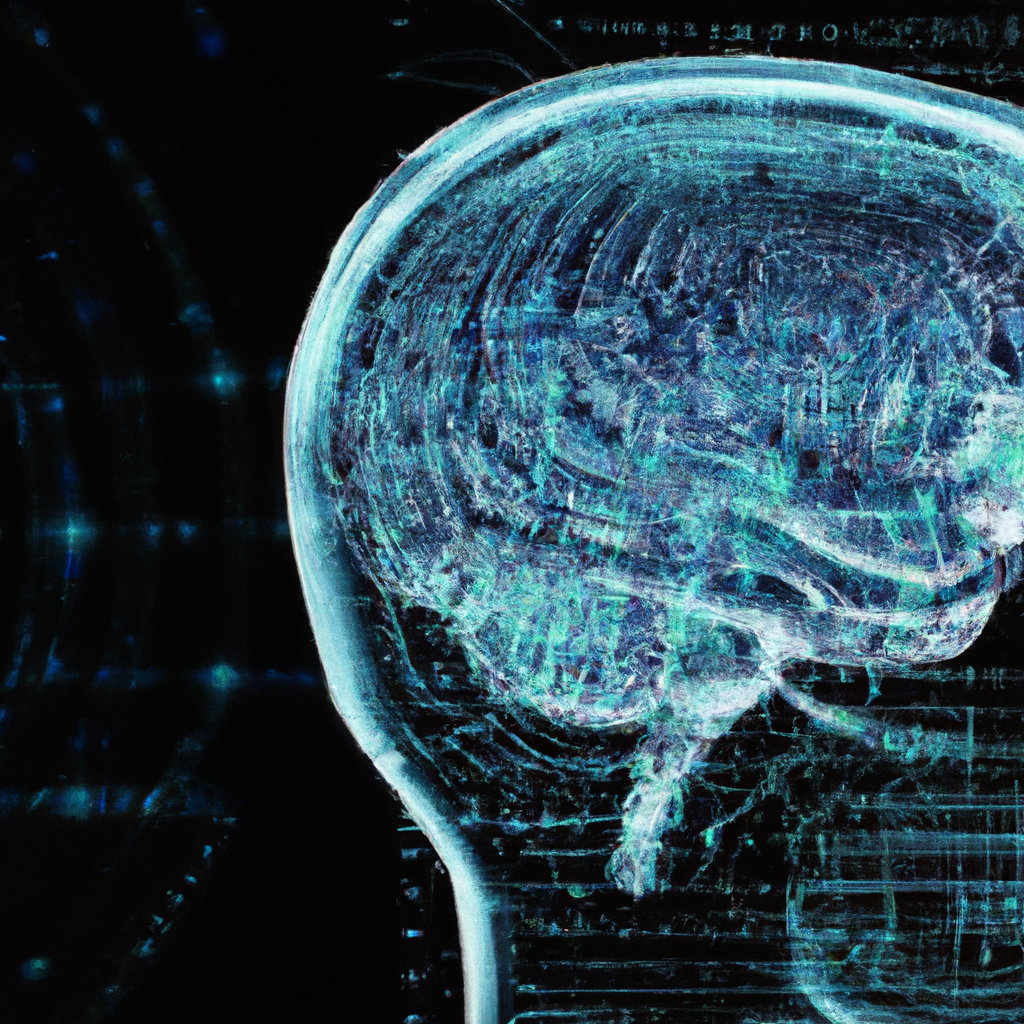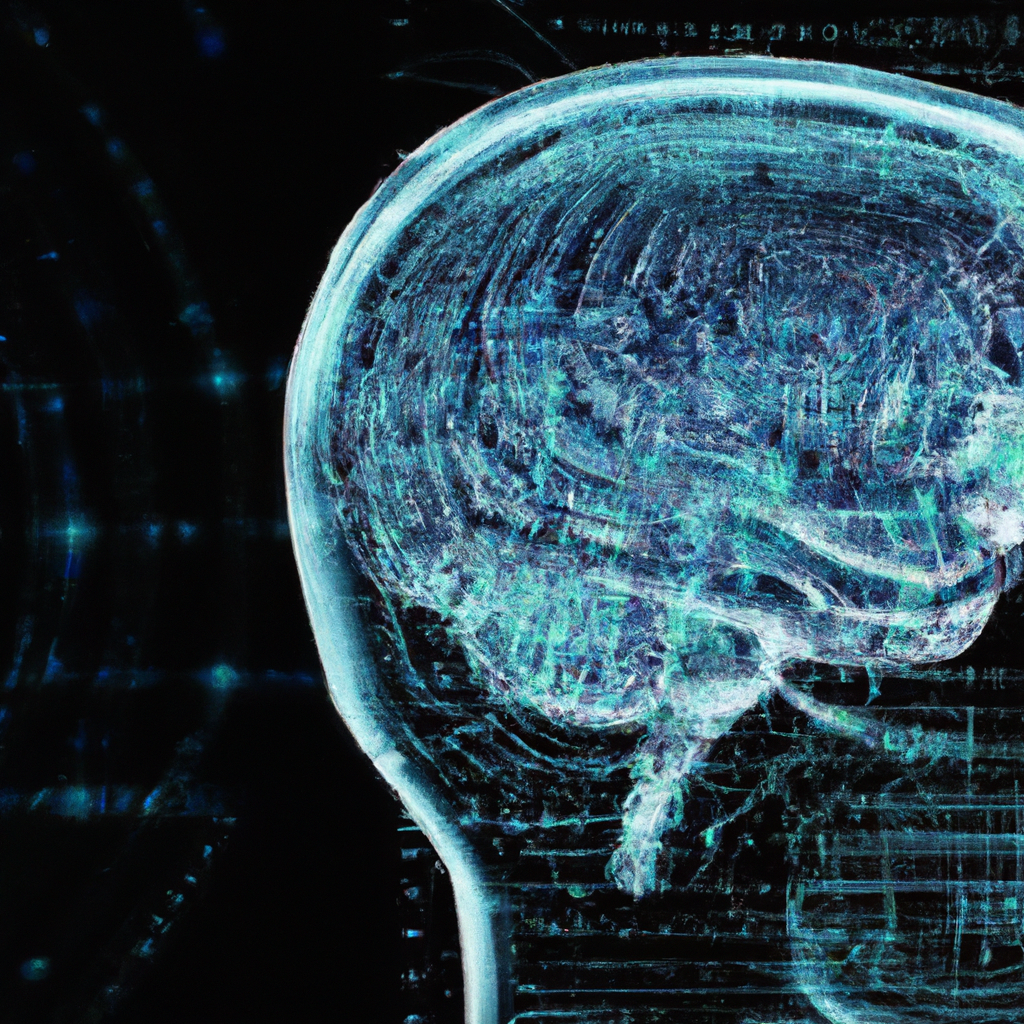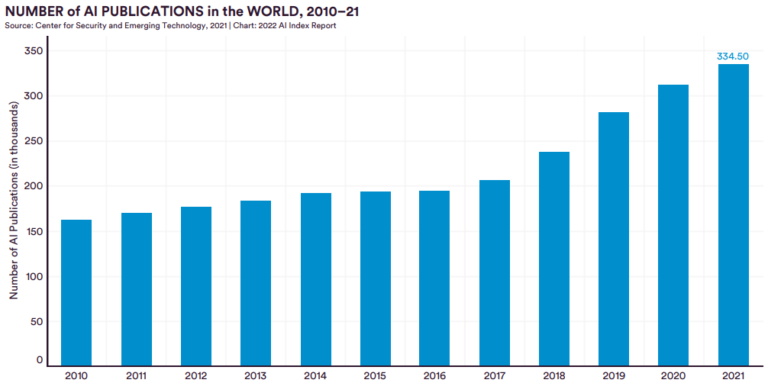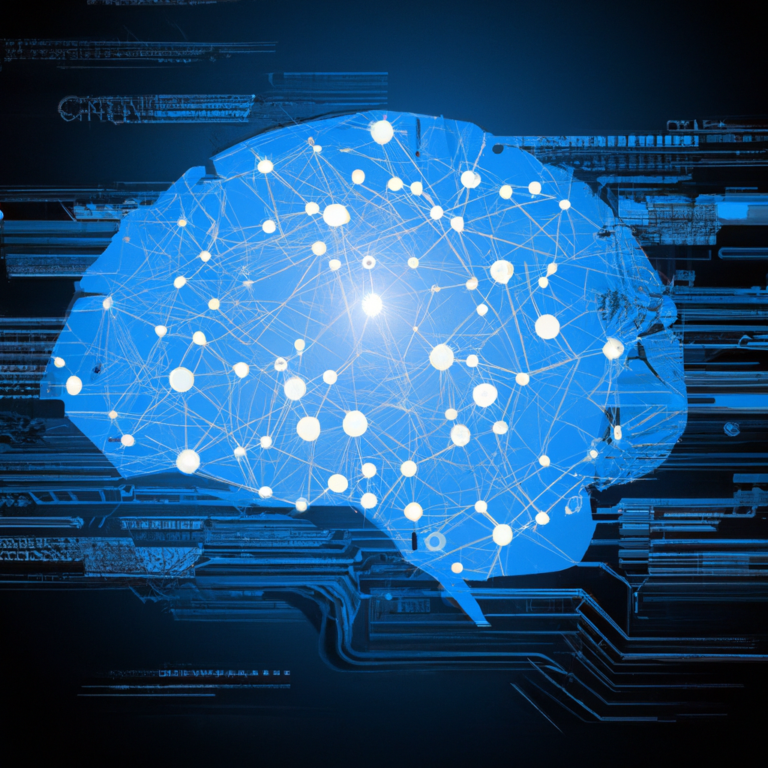AI And The Role Of Government In Regulating AI: How Should Governments Regulate AI?

In the ever-evolving landscape of artificial intelligence (AI), the question of how government should regulate this powerful technology has become increasingly important. As AI continues to advance and permeate various aspects of our lives, the role of government in ensuring its responsible deployment has become a topic of much debate. With the potential impacts of AI on individuals, businesses, and society as a whole, finding the right approach to regulation is paramount. In this article, we will explore the different perspectives on the role of government in regulating AI and delve into the various considerations that should be taken into account.

The Importance of Regulating AI
Artificial Intelligence (AI) has become an integral part of our lives, impacting various sectors such as healthcare, transportation, finance, and more. While AI offers numerous benefits and advancements, it also comes with potential risks and challenges. Therefore, it is crucial to regulate AI to ensure its responsible and ethical deployment.
The potential risks of unregulated AI
Without proper regulation, AI systems can pose significant risks to society. One of the major concerns is algorithmic bias and discrimination. AI systems trained on biased data can perpetuate and exacerbate existing biases, leading to unfair outcomes and discrimination against certain groups of people. Additionally, unregulated AI may compromise privacy and security, as it can access and exploit personal data without adequate safeguards. This can have severe consequences for individuals and institutions alike.
The need for government intervention
Given the potential risks associated with unregulated AI, government intervention is necessary to create a legal and ethical framework. Governments have a duty to protect the interests of their citizens and ensure public safety. By establishing regulations, governments can set standards for AI development, deployment, and usage to mitigate risks and ensure responsible AI practices.
Balancing innovation and public safety
While regulating AI is essential, it is also essential to strike a balance between fostering innovation and ensuring public safety. Overly strict regulations could stifle advancements and hinder the potential benefits that AI can bring. Therefore, regulations should be carefully designed to promote innovation while addressing ethical concerns and minimizing risks.
Current State of AI Regulation
Overview of existing regulations
At present, several countries have started taking steps to regulate AI. The European Union’s General Data Protection Regulation (GDPR) includes provisions that address the use of AI in handling personal data. The United States has seen sector-specific regulations, such as the Food and Drug Administration’s regulations on AI-driven medical devices. Additionally, some countries have established ethics committees and expert groups to provide guidance on AI regulation.
Gaps in current regulations
Despite the existing regulations, there are still significant gaps in AI regulation. The rapid development of AI technology often outpaces regulatory efforts, leaving a void of clear guidelines and standards. Moreover, the global nature of AI poses challenges in harmonizing regulations across different jurisdictions. Additionally, the lack of transparency and explainability in AI algorithms complicates the enforcement of regulations.
Challenges in enforcing regulations
Enforcing AI regulations poses several challenges. The complex and rapidly evolving nature of AI technology makes it challenging for regulators to keep up with the latest advancements. Additionally, AI systems can be difficult to understand and interpret, making it challenging to determine compliance with regulations. Furthermore, the global nature of AI requires international cooperation and collaboration to effectively enforce regulations.
Key Factors in Regulating AI
Ethical considerations
Ethical considerations play a vital role in AI regulation. AI systems should adhere to fundamental ethical principles, such as fairness, transparency, accountability, and respect for privacy. Regulators must ensure that AI development and deployment align with ethical guidelines to protect individuals and society as a whole.
Transparency and explainability
Transparency and explainability of AI algorithms are crucial for effective regulation. AI systems should be designed in a way that allows users and regulators to understand how the system reaches its conclusions or recommendations. This not only helps ensure accountability but also enables users to challenge and correct biased or erroneous outcomes.
Data privacy and security
Data privacy and security are cornerstones of AI regulation. Regulations should outline strict measures to protect personal data collected and processed by AI systems. Additionally, robust cybersecurity measures must be in place to safeguard AI systems from cyber threats and unauthorized access. Clear guidelines on data usage and sharing need to be established to prevent misuse and exploitation.
Various Approaches to AI Regulation
National vs. International regulations
AI regulation can take place at national or international levels. National regulations allow governments to address specific local concerns and tailor regulations to their particular contexts. However, international cooperation is crucial to harmonize AI regulations across borders and prevent inconsistencies that could impede global collaboration and innovation.
Sector-specific regulations
Sector-specific regulations can focus on areas where AI has significant impact, such as healthcare, autonomous vehicles, and financial services. Tailoring regulations to specific sectors allows for better alignment with the unique challenges and risks associated with AI in those domains. By addressing the sector-specific issues, these regulations can ensure the safety, fairness, and ethical use of AI.
Collaborative efforts between governments and industry
Collaboration between governments and industry is essential for effective AI regulation. Public-private partnerships can bring together the expertise of both sectors and foster collective decision-making. Industry self-regulation and the establishment of industry-wide standards can also contribute to responsible AI practices. Government support for research and development can drive innovation while enabling regulators to stay informed about the latest AI advancements.

Ethical Considerations in AI Regulation
Algorithmic bias and discrimination
Algorithmic bias and discrimination are critical ethical concerns in AI regulation. Biased training data or biased algorithmic decision-making can lead to unfair treatment and perpetuate existing societal biases. Regulators must ensure that AI systems are developed and tested for fairness, inclusivity, and equal treatment of all individuals, regardless of their demographic characteristics.
Accountability and responsibility
Regulating AI requires a clear framework for accountability and responsibility. It must be established who is responsible for the actions and decisions made by AI systems. In the event of adverse consequences, there should be mechanisms for holding individuals, organizations, or even AI systems themselves accountable. This ensures that developers and users of AI systems take responsibility for their ethical and legal implications.
Human oversight and control
Maintaining human oversight and control over AI systems is crucial for ethical AI regulation. Humans should have the ability to understand, challenge, and intervene in AI decision-making processes when necessary. Regulators should emphasize the importance of human involvement and ensure that AI systems do not operate autonomously without appropriate human supervision.
Transparency and Explainability in AI
Challenges in understanding AI algorithms
Understanding AI algorithms is a significant challenge in the regulation of AI. The complexity of AI systems, such as deep learning models, can make it difficult to comprehend the decision-making process. Black-box algorithms pose additional challenges as they do not provide explicit explanations for their outputs. Regulators must address these challenges to ensure transparency and accountability.
The importance of explainable AI
Explainable AI is essential for effective regulation and societal trust. Users and regulators need to understand how AI systems arrive at their decisions and recommendations. Explainable AI allows for scrutiny, identification of biases, and detection of errors, ensuring that AI systems operate within ethical boundaries. Regulators should encourage the development and adoption of explainable AI techniques.
Regulatory measures to ensure transparency
To ensure transparency in AI, regulators can require organizations to provide documentation, audits, or explanations of their AI systems. This allows regulators and users to evaluate the fairness, accuracy, and potential risks associated with AI applications. By mandating transparency measures, regulators can hold organizations accountable for their AI practices and ensure compliance with ethical guidelines.
Data Privacy and Security in AI
Protection of personal data
Regulating AI must prioritize the protection of personal data. Governments should establish strict guidelines and standards for the collection, storage, and use of personal data by AI systems. Organizations should be required to obtain informed consent and ensure data anonymization and encryption to protect individual privacy. Additionally, procedures for data breach notifications and data subject rights should be enforced.
Securing AI systems from cyber threats
Cybersecurity is a crucial aspect of AI regulation. AI systems can be vulnerable to cyber threats, including hacking, data breaches, and malicious attacks. Regulators should mandate robust cybersecurity measures, such as encryption, access controls, and regular vulnerability assessments, to safeguard AI systems from these threats. Collaboration between cybersecurity experts and AI developers can help establish best practices for secure AI deployment.
Regulation of data usage and sharing
To prevent the misuse and abuse of data in AI systems, regulations should govern data usage and sharing practices. Organizations should be prohibited from using personal data for unauthorized purposes or sharing it with third parties without proper consent. Regulators should establish clear guidelines on data ownership, access, and retention periods to ensure responsible data handling in AI applications.
National vs. International Regulations
The role of individual governments in regulation
Individual governments play a crucial role in AI regulation within their jurisdictions. They can tailor regulations to their specific societal and economic needs, taking into account cultural, legal, and ethical considerations. National regulations provide a framework for responsible AI use and enable governments to address specific local challenges and concerns.
Challenges in harmonization of international regulations
While national regulations are important, the global nature of AI necessitates international collaboration. Harmonizing international regulations poses significant challenges due to differences in legal systems, cultural values, and priorities. Achieving consensus on standards, ethical principles, and enforcement mechanisms requires extensive dialogue and cooperation between nations.
Global standards for AI regulation
Efforts should be made to establish global standards for AI regulation. Global standards provide a common framework, ensuring consistency and interoperability across jurisdictions. These standards can address ethical concerns, data privacy, algorithmic transparency, and accountability. By adopting global standards, governments can promote responsible AI practices and facilitate cross-border collaboration.
Sector-Specific Regulations
Healthcare and medical AI
The use of AI in healthcare and medicine has the potential to revolutionize patient care and treatment outcomes. Regulatory frameworks in this sector should ensure that AI-driven medical devices and systems are safe, accurate, and effective. Well-defined regulations should address issues such as data privacy, algorithmic transparency, and the validation of AI algorithms in clinical settings.
Autonomous vehicles and transportation
Autonomous vehicles (AVs) are poised to transform transportation, offering increased safety and efficiency. However, their deployment raises significant regulatory challenges. Sector-specific regulations should cover aspects such as AV safety standards, ethical decision-making algorithms, data privacy within vehicles, and liability in the event of accidents or system failures.
Financial services and AI-driven algorithms
AI-driven algorithms are increasingly being used in financial services, including credit scoring, fraud detection, and investment advice. Regulations in this sector need to address issues such as algorithmic bias, explainability of AI-driven decisions, and consumer protection. Appropriate guidelines must be established to ensure fair and ethical use of AI in financial decision-making processes.
Collaborative Efforts between Governments and Industry
Public-private partnerships in AI regulation
Collaboration between governments and the industry can facilitate effective AI regulation. Public-private partnerships allow for the pooling of resources, expertise, and perspectives to develop comprehensive and pragmatic regulations. Engaging industry stakeholders in the regulatory process fosters a balanced approach that accounts for both technological advancements and societal concerns.
Industry self-regulation and standards
Industry self-regulation can complement government regulations by establishing industry-wide standards and best practices. This ensures responsible AI development, deployment, and usage. By actively engaging in self-regulation, industry players can demonstrate their commitment to ethical AI practices, build trust, and mitigate the need for overly prescriptive government regulations.
Government support for research and development
Governments play a crucial role in supporting research and development (R&D) efforts in AI. By funding and encouraging AI research, governments can facilitate advancements that align with societal needs and values. Support for R&D can also enable regulators to stay informed about emerging AI technologies, potential risks, and ethical considerations, allowing for timely and effective regulation.
In conclusion, the regulation of AI is of utmost importance to ensure the responsible and ethical use of this transformative technology. Governments have a vital role to play in establishing regulations that address potential risks, protect individual rights, and promote public safety. Finding the right balance between innovation and regulation is crucial in harnessing the benefits of AI while minimizing its potential harms. Through transparency, collaboration, and a comprehensive regulatory framework, we can shape the future of AI in a manner that benefits all of humanity.
Want to write articles like us? Get your copy of AI WiseMind here!






